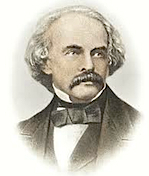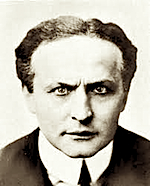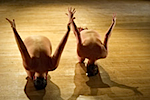By RUADHÁN MAC CORMAIC [Dublin Review of Books] – In L’an 2440 (The Year 2440), the best-selling and recently reissued utopian novel by Louis-Sébastien Mercier published in 1771, the narrator falls asleep after a discussion about the injustices of Parisian life and wakes up in the same city seven centuries later. Mercier, a prolific writer in the literary underground of the late ancien régime, embraced Enlightenment faith in progress; his utopia was not a distant land but a familiar city transformed by time into a version of his ideal society. It was an orderly place. Public spaces had been reshaped and the roads made wider, healthcare had improved, clothes were more comfortable and torture had been outlawed. There were no armies, taxes, prostitutes, aristocrats or beggars. Moderation and modesty had replaced abundance and conceit.
Continue reading “A 1771 fantasy: burn a billion novels and outlaw torture.” »
























